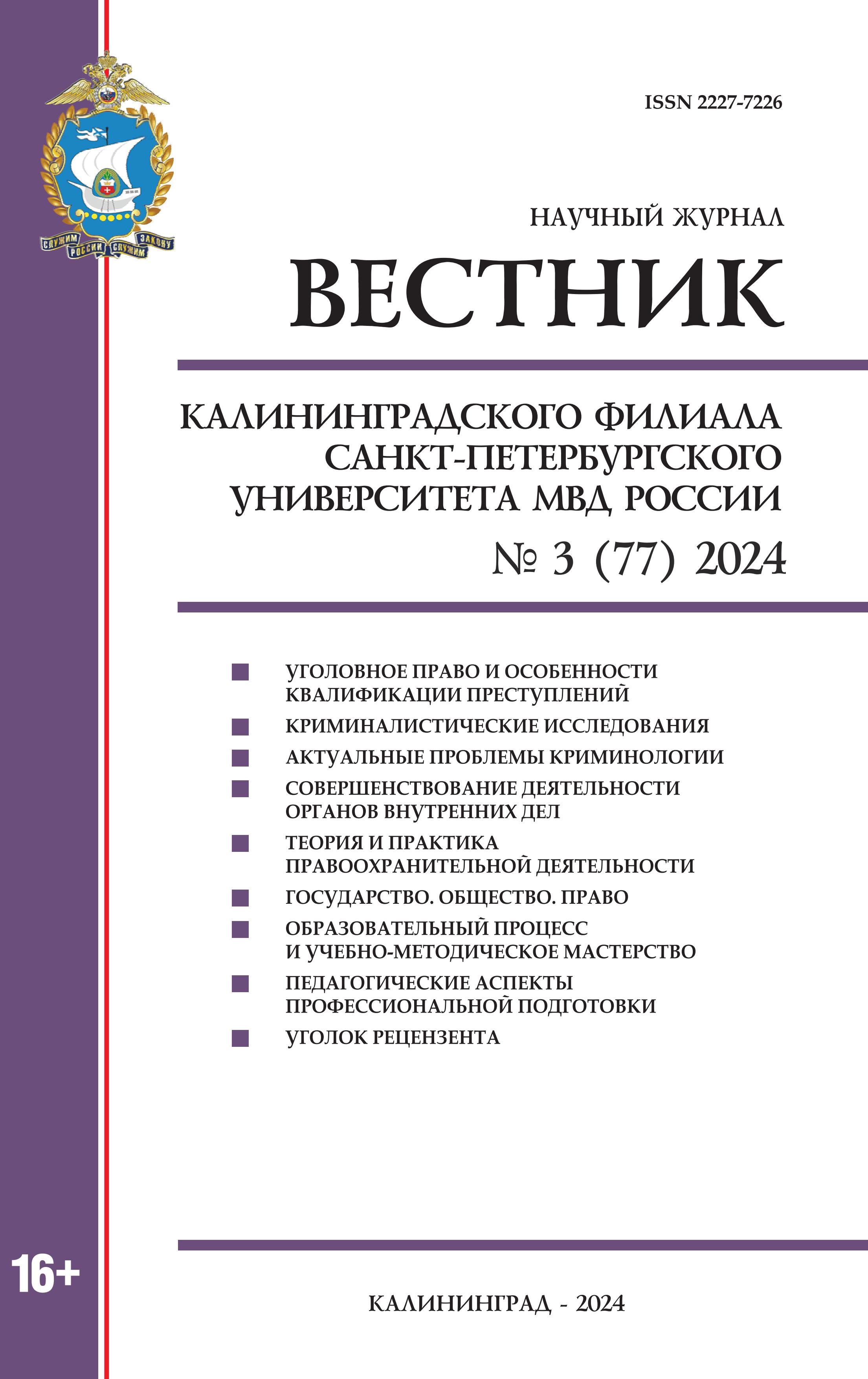employee
Saint Petersburg, St. Petersburg, Russian Federation
Introduction. When carrying out operational investigative activities (hereinafter referred to as OIA), employees of operational units and their confidants are forced to keep information about covert forces, means and methods of OIA secret. On the one hand, this is ensured by compliance with mandatory requirements and prohibitions, called the «secrecy regime». On the other hand, secrecy is ensured by observing conspiracy - special rules of conduct for OIA participants. One of the effective means of conspiracy are documents that encrypt the identities of officials, departmental affiliation of enterprises, institutions, organizations, units, premises and vehicles of bodies carrying out OIA, as well as the identities of citizens assisting them on a confidential basis. In the professional environment, such documents are called cover documents. Being an auxiliary covert-conspiratorial tool, cover documents are extremely sparingly regulated in the Federal Law «On Operational Investigative Activities» and laws on special services, which gives rise to collisions in the interpretation of the essence, content and types of the considered covert-conspiratorial toolkit. As part of the study of a private theory of secrecy in operational-investigative activities conducted by the author of the article, modern views of the legislator and legal scholars on the listed aspects are analyzed. Methods. The study used dialectical and formal-logical general scientific methods, as well as the comparative legal method and the method of content analysis of regulatory legal acts. The author carried out a comparative and substantive analysis of the provisions of a number of federal laws regulating the sphere of operational-investigative activities, and also analyzed the scientific views of modern researchers of the operational-investigative activities theory on the issue under consideration. Results. In the course of the study of the provisions of the Federal Law «On Operational Investigative Activities» and laws on the activities of special services, the author of the article identified contradictions in the norms regarding the use of cover documents. The insufficiency and uncertainty of legal regulation of types of cover documents, purposes and directions of their use are stated. The author's own views on the ways and means of optimizing the normative legal regulation of this aspect of the implementation of operational investigative activities are presented.
Operational investigative activity, secrecy, conspiracy, cover documents, legend, legend-making, encryption of identity, encryption of departmental affiliation








